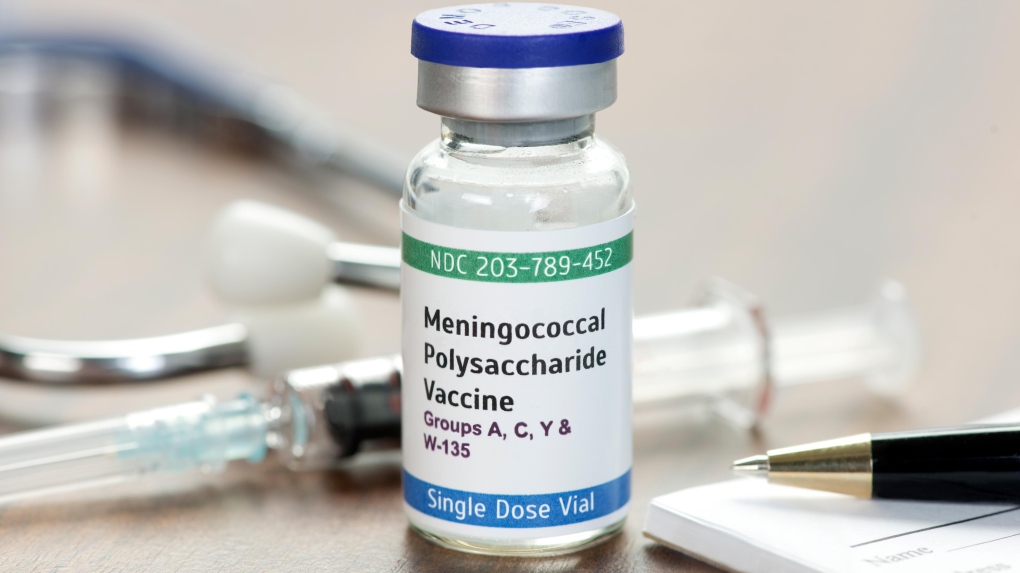Latest News
- Carney names new Canadian ambassador to US: former BlackRock executive
- Canadian Health Minister Says US Health Institutions Can No Longer Be Trusted
- Ontario's Most Dangerous Winter Roads; No, the 401 Isn't at the Top
- 'Truly a Christmas miracle': Black bear cub survives burns in northern British Columbia
- Mexico seizes Olympic medals, motorcycles in massive operation, possibly in pursuit of Canadian fugitive Ryan Wedding
Latest Ads
-
Jasmine Jewel
Call
-
Omidan group
Call
-
Amir Madanpour
Call
-
Dimo studio
Call
-
Yorkacademy
Call
-
Maryambagheri
Call
-
Shishlix Restaurant
Call

Increase in invasive meningococcal disease (IMD) in Toronto
The Toronto Public Health Unit announced an increase in invasive meningococcal disease (IMD); A bacterial infection with a high mortality rate that can develop suddenly. Thirteen cases of meningococcal disease have been reported this year, more than the total seen since 2002, the unit said in a news release on Friday. Is. Of these, two cases were associated with death.
Invasive meningococcal disease is a severe disease caused by the bacterium Neisseria meningitidis, also known as meningococcus. This disease can be spread through respiratory droplets (cough, sneeze) or direct contact with the respiratory secretions of an infected person. This disease can occur at any age, but in children under five years old, teenagers and young people who have not received the IMD vaccine. , is common.
Several countries, including the United States, have reportedly reported more cases of IMD this year. The Toronto Public Health Unit recommends that travelers protect themselves with meningococcal vaccination, including those traveling to Hajj. It also recommends vaccination for participants in local and international Pride events.
Adults between the ages of 18 and 36 who have not received the meningococcal vaccine are eligible for government-funded vaccination. Symptoms of invasive meningococcal disease include fever, headache, stiff neck, sensitivity to light, confusion, nausea, vomiting, skin rash, and in severe cases , coma or death.
news source
Suggested Content
Latest Blog
Login first to rate.
Express your opinion
Login first to submit a comment.
No comments yet.


































